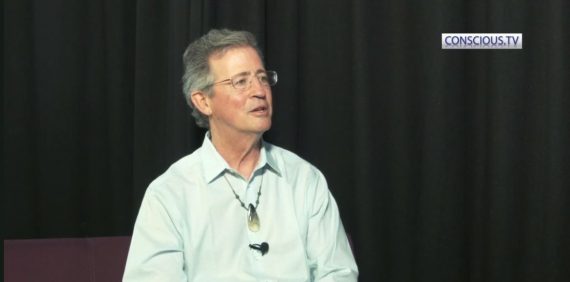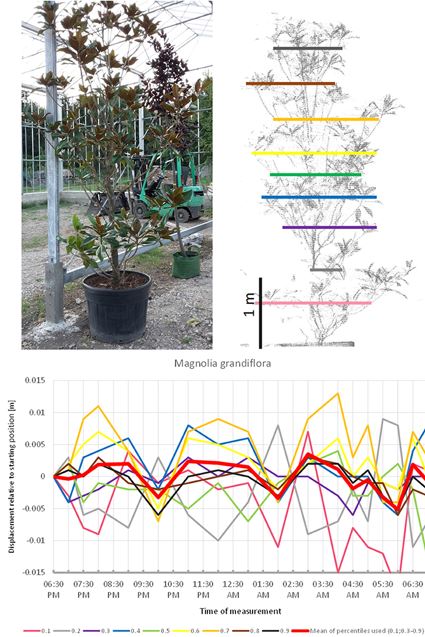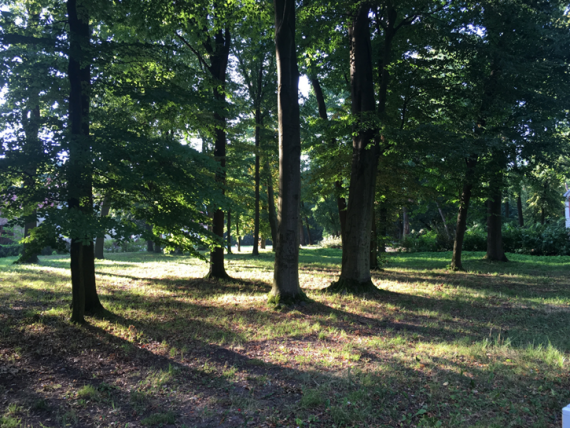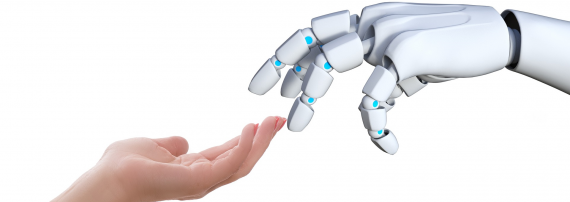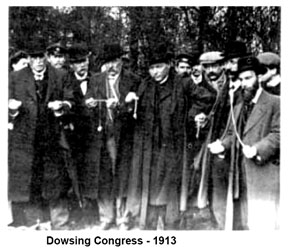Reflections on other modalities of consciousness By Paul Kieniewicz Looking ahead to Chris Bache’s upcoming book, Diamonds from Heaven (see link to interview), I decided to read his classic, Dark night Early Dawn. This is a book about other modalities of consciousness than those we typically experience in our daily […]
Paul Kieniewicz
By Paul Kieniewicz (SMN) A curious synchronicity hit me the other day. I had a lengthy discussion with my son in law about octopuses. According to a book he was recommending, octopuses have a highly specialized brain that has a totally different structure from the brains of vertebrates. This could […]
By Paul Kieniewicz (SMN) Sunflowers follow the movements of the sun. At nightfall some flowers close up their petals. Some legumes also show sleep movements. That some plants move with the circadian cycle is well-known. What about trees? It now appears that certain trees lower and raise their branches, not […]
Why do lovers hold hands? Because it feels good, brings comfort? It may also be sexually arousing. A recent study published in the Proceeding of the National Academy of science demonstrates that the wave patterns of the lovers’ brains also synchronize, and can result in significant pain alleviation. The study […]
Preposterous (def. Collins dictionary) adjective contrary to reason or common sense; utterly absurd or ridiculous. “a preposterous suggestion” Synonym absurd, ridiculous, foolish, stupid, ludicrous, farcical, laughable, comical, risible, etc. The Latin origin of the word implies putting “the cart before the horse”. That the future […]
While the tendency in tourism recently has been to offer more activities and stimulation, for some time the Finish tourist bureau has been promoting silence as Finland’s most special natural resource. In Finland, you’re never far from silence. In a city it’s easy to get away into a natural […]
By Paul Kieniewicz I live in an ancient forest, and often wonder about the relationships between the trees. For the past 80 years nobody interfered with the forest’s growth. No large trees were removed, there was no pest control or forest management. One result was that the forest developed a […]
By Paul Kieniewicz Back in the 1960’s, the Polish Science Fiction writer, Stanisław Lem wrote a short story about robots. A rocket along with its calculator lands on an uninhabited planet and subsequently spawns a race of robots. The robots (who call themselves Magnificans), build an entire city along […]
By Paul Kieniewicz A series of recent articles in the Guardian, expressed a measure of outrage that many water companies in the UK today still employ dowsers to locate underground pipes or leaks. The writers described dowsing as pseudoscience, a “medieval practice”, essentially witchcraft. The articles inspired an outpouring of […]
By Paul Kieniewicz So, we may one day all be replaced by intelligent machines. One day, given enough computational power, machines will become self-aware. According to some AI researchers, some machines already have a measure of self-awareness. Of consciousness. And then, there’s the fabled Singularity, when the machine surpasses the […]

